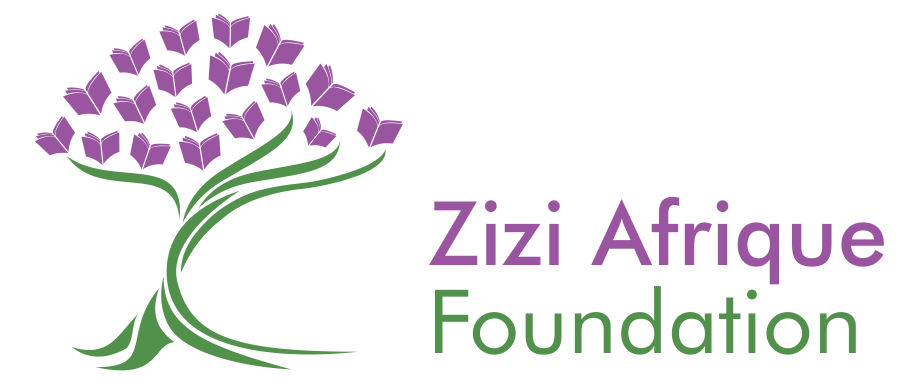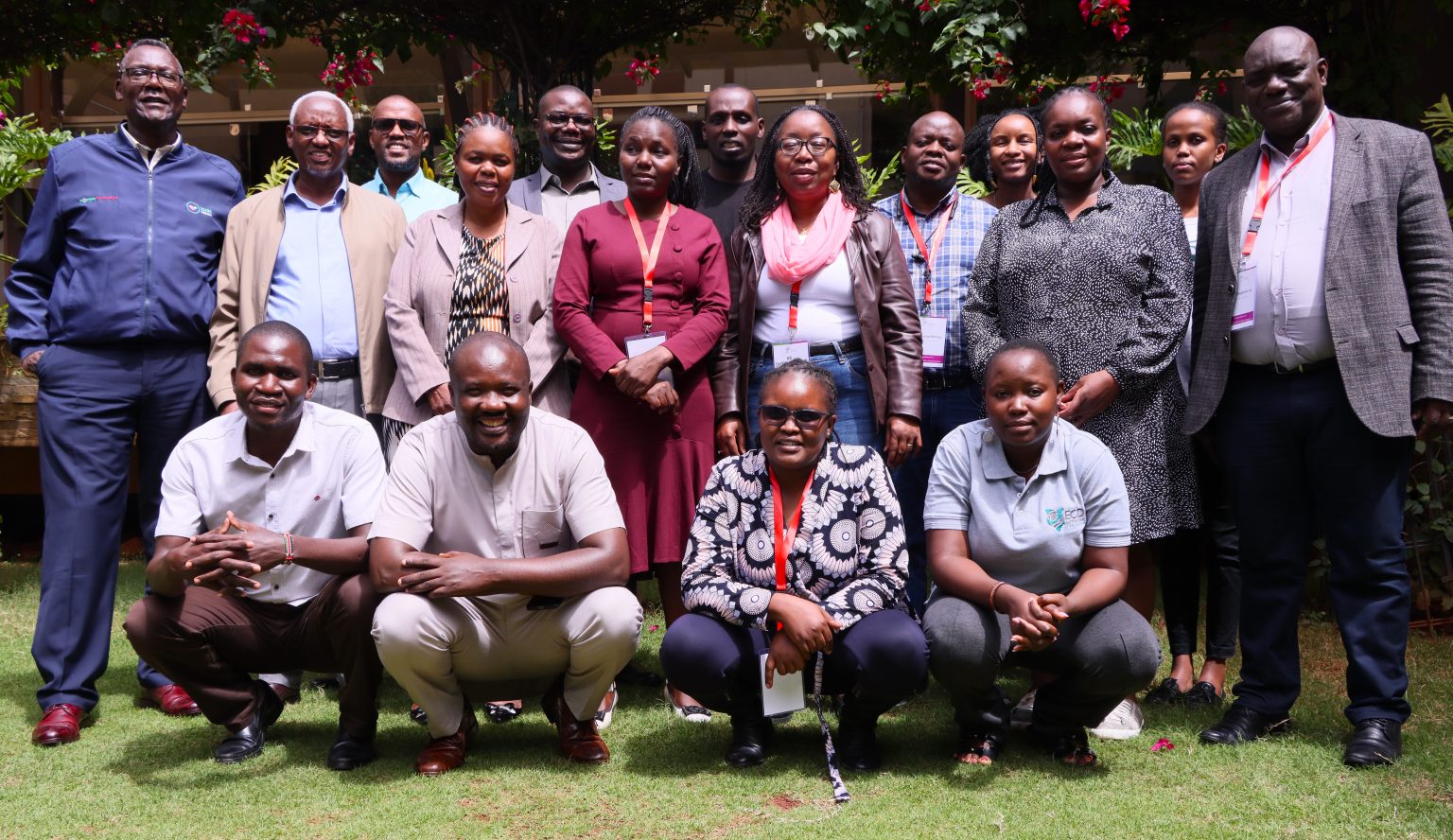Available evidence shows that the first 1,000 days of a child’s life, which spans from pregnancy to the child’s second birthday is the most critical time in human development, thus, the launch of the Nurturing Care Framework (NCF) for Early Childhood Development (ECD). The framework, which was launched in May 2018, marked a great milestone in global efforts to accelerate better child development outcomes for children under three years. It provides a broad based and actionable roadmap to guide provision of five inter-related and indivisible services including good health, adequate nutrition, safety and security, responsive caregiving, and opportunities for learning, thus underscoring the multisectoral nurture of ECD service delivery system.
To guide effective delivery of holistic nurturing care services, NCF emphasizes five (5) strategic actions- lead and invest; focus on families and communities; strengthen services; monitor progress; and data and innovate. While the five strategic actions are key to achievement of set vision, building stronger leadership and sustainable investments is at the core of any national initiative as it ensures strong service delivery system through formulation and translations of policies, effective financing, and better coordination of decision makers; thus, this article explores the existing ECD policies in Kenya, and barriers to their implementation.
Review of the extend of the scaling up nurturing care across several African countries shows that Kenya has registered great strides in scaling up nurturing care through formulation of legislations and policies, with a recent scoping exercise revealing existence of over twenty (20) national ECD related policies in Kenya (see box 1). In addition, several counties are also reported to be at various stages of formulating (contextualizing) and implementing nurturing care related ECD policies.
List of ECD Related Policies in Kenya:
1. National ECD Policy Framework, 2006. 2. Labour Act, 2007. 3. Infant and Young Child Feeding Policy, 2010. 4. Standards of Practices for Child Protection Centres, 2010. 5. Standards for Quality Improvement for Orphan and Vulnerable Children Services (2010-2012). 6. National Social Protection Policy, 2011. 7. National Food and Nutrition Security Policy, 2012 8. National Plan of Action for Children in Kenya (2015 – 2022). 9. Free Maternal Health Care Policy, 2013. 10. County Child Protection Systems Guidelines, 2013 11. Guidelines for the Alternative Family Care of Children, 2014 12. National Pre-primary education policy, 2017. 13. National the Kenya Health Policy (2014-2030). 14. The Newborn, Child, and Adolescent Health (NCAH) Policy, 2018. 15. National Pre-primary education standard guidelines, 2018. 16. Kenya Community Health Policy (2020-2030). 17. Policy for childcare in prisons (2021-2030). 18. County Early Childhood Education Act, 2021. 19. Revised Children’s Act, 2022. 20. Integrated ECD Policy, 2024 |
Though the formulation of these policies is an incredible achievement, available evidence from various contexts including multistakeholder consultations at national and county levels[1] shows that ECD policy implementation in Kenya face five (5) key barriers: i) lack of harmonized national policy to guide counties in the provision of childcare services for children aged 0-3 years across the country; ii) inadequate financing due to low budgetary allocation and expenditure by at national and county levels ; iii) sectoral fragmentation as a result of weak multisectoral coordination mechanisms; iv) lack of granular data specifically for 0-3 years disaggregated to lower levels; as well as v) inadequate staffing and capacity gaps among key stakeholders. These barriers continue to impede effective delivery of nurturing care services for children 0-3 in the country, thus exposing many children especially from marginalized and poor households to risks of not realizing their full development potential. For example, review of data from the Kenya Demographic Health Survey (2022) available revealed that that approximately 22% of children between 24-59 months (2-5) years in the country are at risk of poor development in health, learning and psychological wellbeing. Disparities are noted with 27% of children in rural areas reported to be at risk compared to 13% in urban areas. Similarly, while only 7% of children from highest wealth quintile are reported to be at risk of poor development, approximately 39% of children from lowest household quantiles.
[1] These were National and County Level ECD Stakeholder consultations conducted by Zizi Afrique Foundation between 2nd May to 27th June 2024 as part of her scoping exercise to learn and understand the space, connect to the ecosystem players, with a view of identifying opportunities (if any) for supporting the ecosystem to amplify the need for urgency for programming for 0-3 years, leveraging on evidence-led advocacy strategies and approaches.
The above situation calls for a paradigm shift in scaling up nurturing care in Kenya, including a re-look at the existing ECD policies at national and county levels, with a view to building a broad-based consensus amongst key ECD actors and political leaders around harmonization of existing policies, which include: i) development of a costed policy implementation plan, and ii) ensuring that nurturing care related programmes receive adequate budgetary considerations and support at national and county levels. Since budget making is a political process characterized by political interest and competition, targeting political players with essential and consistent nurturing care messages is key to ensuring adequate allocation of public resources and related spending on nurturing care. A case in point is the implementation of Smart Start Siaya (SSS) Model (see Box 2) which is catalogued in global nurturing care reports as a successful model of building strong political goodwill and multisectoral coordination mechanisms for realization of better child development outcomes.
Smart Start Siaya Model
In 2018, Siaya County Government under leadership of Governor Emeritus H.E Cornel Rasanga, endorsed the need to scale-up nurturing care across the country. He then created a committee, chaired by a senior member of executive to coordinate all relevant sectors including health, finance, social protection, education, agriculture, trade, civil society and the private sector. Under the slogan “Nyathi En Mwandu, Miye Mise Motegno Chon” [1] , the county leadership ensured alignment of county priorities by embedding nurturing care in key county legislations, as well as sectoral plans and budgets. The implementation of SSS benefits from a strong multisectoral mechanism that brings key actors (state and non-state) together, facilitating knowledge exchange, leveraging of resources and reduction of duplication in service delivery, as well as joint monitoring of progress. The model’s strong multisectoral coordination mechanism which included consultations and inclusive decision-making ensured continuity of the programme through political transition to the new administration under the leadership of the current Governor H.E James Orengo. SSS has been included in the County Integrated Development Programme (2023-2027), is currently being scaled up through Smart Start Initiative (SSI) across 14 counties of Western Kenya, working through the Lake Region Economic Bloc (LREB). More information about the model can be accessed here Bing Videos |
[1] Give your child a strong foundation early
Key lessons
Since finance resources are limited and formulation of the national and county budgets is a political process, there is need for ECD sector players to build a contextualized investment case for more and better investments in nurturing care services for children 0-3 years through targeting key political leaders to prioritize nurturing care programmes in their legislative and budgetary allocative and spending decisions. A complementary strategy of building a solid case for nurturing care to inform political engagement would include ensuring availability of granular data for 0-3 as data provides evidence, credibility, and accountability for the cause of nurturing care.
Moses Abiero, ECD Consultant, Zizi Afrique Foundation.
Moses Omondi Abiero is a World Bank trained Early Childhood Development (ECD) Specialist with over 15 years of work experience in public and private sectors, contributing to the advancement of legal, policy, institutional, and programmatic reforms targeting better child development outcomes in Kenya and across the African continent. Moses holds a B.Ed. (First Class Honors) and M.Ed. Degrees in Early Childhood Studies (Kenyatta University); Certificate in Design Thinking and Innovations (Harvard Business School). His professional interests include research, policy, and practice around accelerating Human Capital Outcomes in Africa; Nexus between ECD, Environmental Protection, and Climate Change; Integration of technology in ECD workforce development; and innovative sustainable investment in early years.






This is well researched Moses.